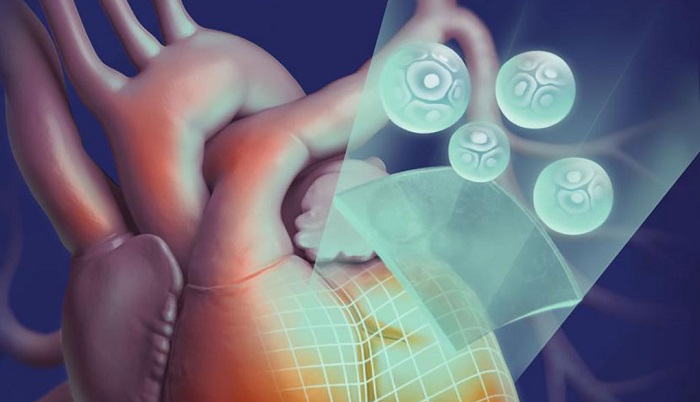Scientists from the University of Technology Sydney have gone on to demonstrate that bio-engineered heart tissues can one day safely as well as effectively aid patients to recover from the damage that is caused by an extensive heart attack.
The novel technology goes on to create bio-inks that are made of a patient’s very own stem cells. These are then used to 3-D print the cardiac tissues so as to repair the areas of dead tissue that occur due to heart attacks. Dr. Carmine Gentile from UTS’ Cardiovascular Regeneration Group thanks the study, as now one has a better understanding of how bio-engineered heart tissues get to work in the body post transplantation.
The study has gone on to demonstrate that the bio-engineered patches happen to be the best and most robust when it comes to the treatment of heart failure. The patches that were generated with other approaches either did not show any improvement or the improvement happened to be inconsistent. The bio-engineered patches look to be safer, more consistent, and more cost-effective for the patients.
It is well to be noted that cardiovascular diseases are the leading cause of death across the world, and in Australia, they account for 1 in every 4 deaths.
Heart failure happens to be a frequent complication when it comes to a heart disease that takes place due to inadequate blood supply that further results in heart tissue death in the affected area. This may well result in lifelong drug treatment, and end-stage heart failure would mean that some patients would go on to join the heart transplant waiting list.
Gentile opines that as this technology will help patients to use their own stem cells so as to create heart patches, not only will this help them to potentially decrease the trauma and heart transplant cost, but it will also help them avoid hurdles like the body rejecting donor tissues.
Apparently, further tests for the long-term effects of this technology are currently underway before the clinical trials begin.
A prominent funding partner of the research, Heart Research Australia, has gone on to commend the advances that have been made by Dr. Carmine Gentile and team when it comes to striving to improve the devastating numbers that surround heart disease.
The CEO of Heart Research Australia, Nicci Dent, said that it is indeed wonderful to know that this research collaboration has been successful and is now progressing towards the next stage. He added that they are excited to know the potential this technology carries in aiding thousands of people that happen to be affected by heart failure every year.


















